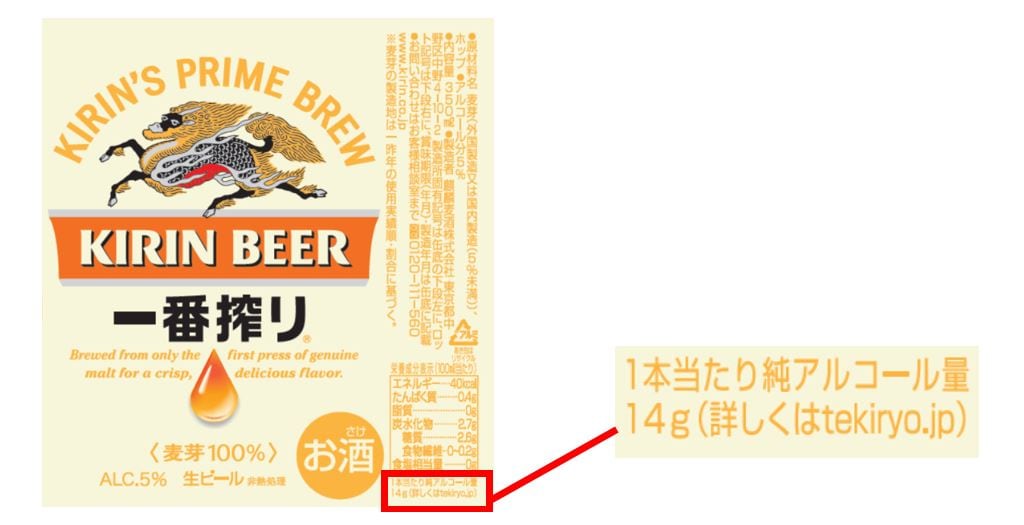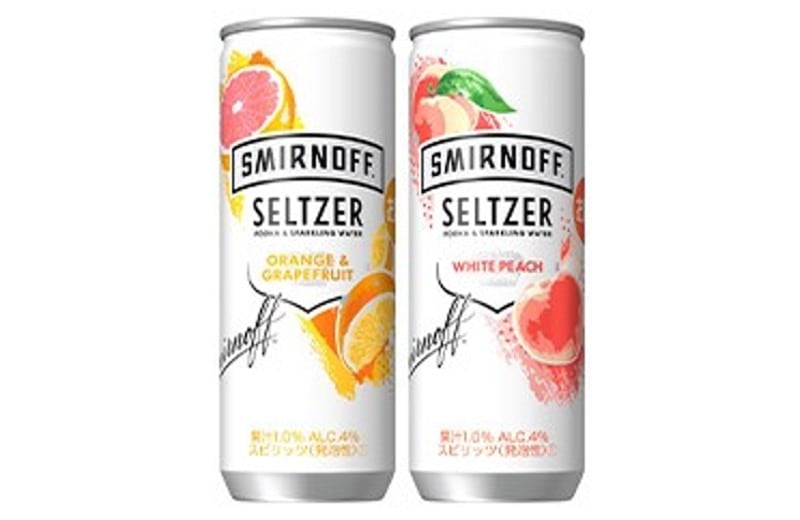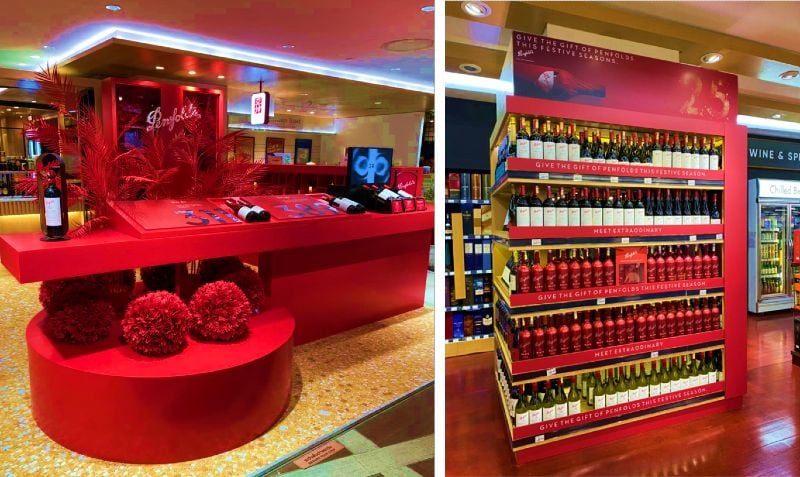The Japanese government approved the net alcohol labelling scheme as part of the national Basic Plan for the Promotion of Measures to Cope with Alcohol Health Disorders (Phase 2) in March 2021, which calls for alcoholic drink labels to replace ABV alcohol percentages (%) with net alcohol content (g).
So far, this scheme is a voluntary one for the industry, but many firms have already expressed their willingness to participate and implement this as per government recommendations, as is commonly seen in Japan when a suggested directive or national plan is announced.
“Cabinet approval of this plan really accelerated Kirin’s consideration of this scheme, and although the labelling of net alcohol is only a corporate obligation [and not a policy regulation] at this point, Kirin believes that this is part of our social responsibility,” Kirin Holdings Corporate Communications Manager Naoto Kobuna told FoodNavigator-Asia.
“As a company that manufactures and sells alcoholic beverages, we believe we should contribute sincerely and appropriately to solving alcohol-related issues, so we are voluntarily implementing such labelling. There are also several other major Japanese beer companies that have expressed willingness to make the same efforts.”
When asked whether the implementation of these changes would result in the company potentially incurring high transformational printing costs, Kobuna declined to disclose specific numbers but stressed that steps had already been taken to minimise any potential impacts on both cost implications as well as environmental concerns.
“While [participating in this labelling change means] there is a need to change the package design [around] the net alcohol content label itself, the specific costs are not clear but [in] consideration of possible impacts, this labelling change will be implemented gradually, rather than all at once,” he said.
“Since the product packaging will be changed sequentially, no specific cost increase is anticipated.
“In consideration of the environment and in order to reduce waste too, [the idea is to] wait until the current packaging (per product) is used up before implementing the change, [as] doing so reduces waste that would be generated from throwing away old packaging in favour of the new packaging if done all at once.
“[So] starting from this month (May 2022), Kirin will start to sequentially label products with the total amount of net alcohol in our major alcohol products sold in Japan.”
The firm will mainly be targeting its 350ml and 500ml beer cans (beer, happoshu, new genre) and other RTD products, and aims to complete its new labelling exercise by the end of 2023.
Education alongside labelling
In addition to net alcohol labelling changes, Kirin is also looking to take this opportunity to educate more of its consumers about proper alcohol consumption, as a proactive further further step to stem potential alcohol-related social issues.
“In addition to displaying the amount of net alcohol, the shortened URL (tekiryo.jp) that leads to our website about proper drinking will also be displayed on the label,” said Kobuna.
“We hope that this website will enable consumers to deepen their knowledge of the proper amount of alcohol in products (‘tekiryo’) and proper alcohol consumption so they can control their own alcohol consumption, thereby contributing to the eradication of harmful alcohol-related impacts.”
Tax-related considerations
Japan is also planning to adjust its taxation rates for alcoholic products to be unified into a single rate for both beer and beer alternative beverages, with taxation focused on malt content, which is leading Kirin to also adjust its product development accordingly.
“There are several factors to consider here – first, the tax rate on beer and RTDs will remain unchanged until 2026, so it will be important to consider what kinds of product propositions consumers will be attracted to – so in order to convey the appeal of alcoholic beverages, we will strengthen our development of high-value-added products [for now],” said Kobuna.
“We do anticipate that beer sales will grow by 5% to 7% year-on-year in 2022 due to off-premise recovery – depending on how the COVID-19 situation plays out – but after the pandemic slows, off-premise is likely to return to its original downward trend although sugar-free products and products such as craft beer and high-value-added RTDs also continue to grow due to polarization of consumption.
“Eventually, the [overall] decrease in off-premise consumption due to the pandemic [as well as] consumers moving towards more affordable and higher quality products that fulfil their higher expectations [is likely to] drive them towards New Genre (lower-priced beers made from pea, soy or wheat as opposed to malt).”
Japan’s alcohol tax adjustment is expected to be achieved by 2026, by when there will be minimal price differences between all the different options (currently mainly regular beer, happoshu (low-malt beer) and New Genre).





